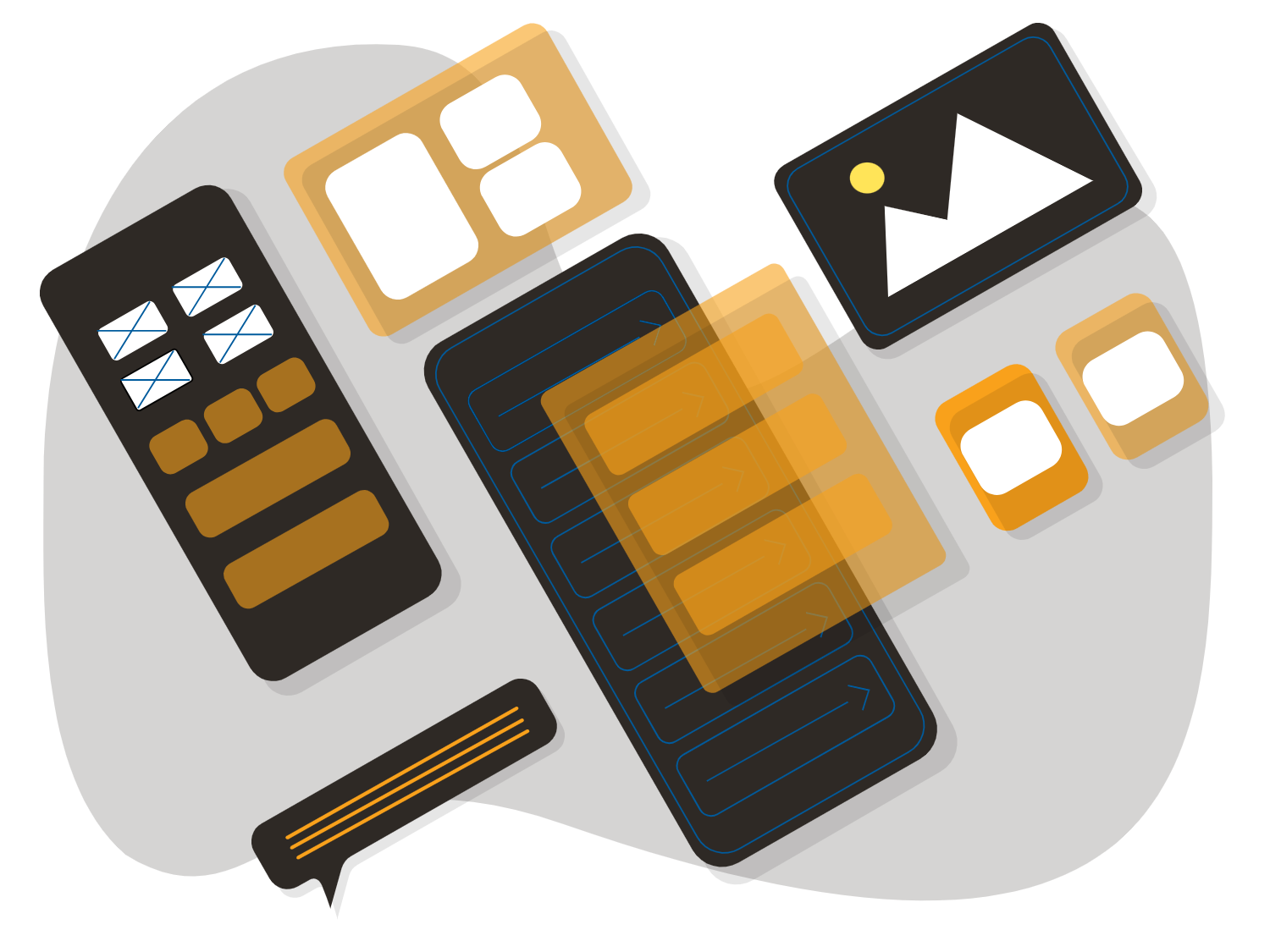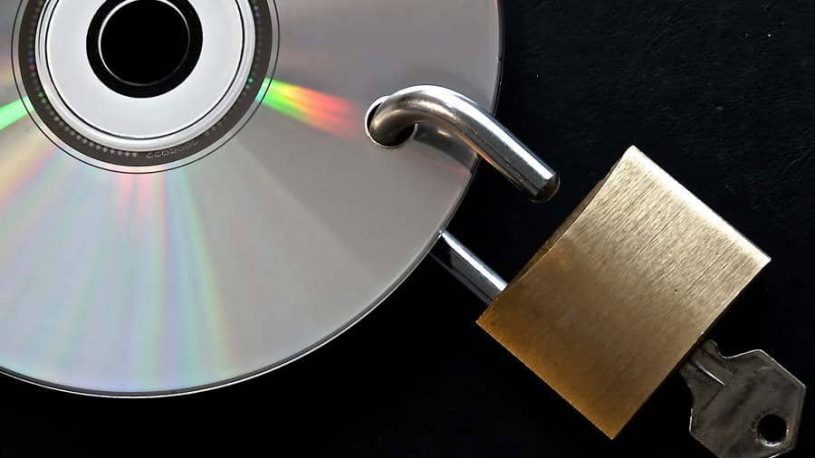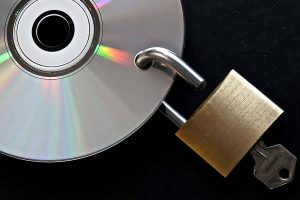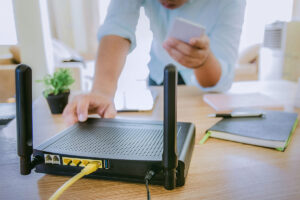

Tell Tale Signs Your Computer is On its Last Leg
Knowing how to troubleshoot everything from heating issues to viruses can go a long way in keeping your device running like new. The signs are hard to overlook, and the sooner you take on any of these troubleshooting steps, the better your computer will run. Here are some telltale signs that something is wrong with your computer and what steps you should take before things get worse.
Overheating Issues
You should pay attention to the most common signs of overheating and slow performance. The hard drive could risk failing if you have a computer that heats a lot. There’s nothing left to do in both cases but choose an alternative.
Backup is a must, and at the very least, it should be a daily activity. With tons of data on your computer, you want to ensure everything is backed up, whether personal or business data. Backing up your files can go a long way in boosting your computer’s speed and preventing any future issues.
Recurrent Software Errors
Like any other machine, your computer will be prone to errors and maybe even software conflicts. If you keep encountering errors that don’t make sense, this could mean viruses are running in the background. The best solution is to scan your computer with an antivirus and clean up the mess.
Any time you have issues with your operating system or computer software, there’s nothing to do but take it to a professional. A virus or malware can severely damage your operating system or disrupt performance. It’s essential to run a detailed scan to ensure that nothing is left behind on your computer and everything has been cleared up.
Failing or Malfunctioning Hardware
If your computer isn’t running as fast as it used to, this could be a sign that something is wrong with the hardware. For most users, it’s not even worth trying to upgrade or fix their computers because of the hassle and high cost. When it comes to your personal computer, there are a lot of things you can do yourself, but when it comes to business computers, this is different. It isn’t uncommon for software to cause damage to your computer. Certain things like a wrong registry setting or data loss can make your operating system run slow and have it crashing daily.
Noisy Parts or Poor Performance
Keeping your computer cool is one of the most significant ways to avoid damage. If you hear a clicking sound coming from the fans, it could signal that something is wrong, and performance will slow down immediately. It would help if you tried to run your computer for half an hour without any disk activity.
Of course, if it’s an older machine and you hear a lot of sounds while it’s working, there’s nothing to worry about. If your computer is making noises like something is grinding or moving around inside of the case, this could be a sign that the fans are damaged or loose. Most computers will have at least one fan inside the case, keeping everything cool.
Key Takeaway
Computer problems are more common than you think, so check these signs and get your computer stable. If you’re an average user and in doubt, you should take your computer to a professional because there are different issues you might not be aware of.




